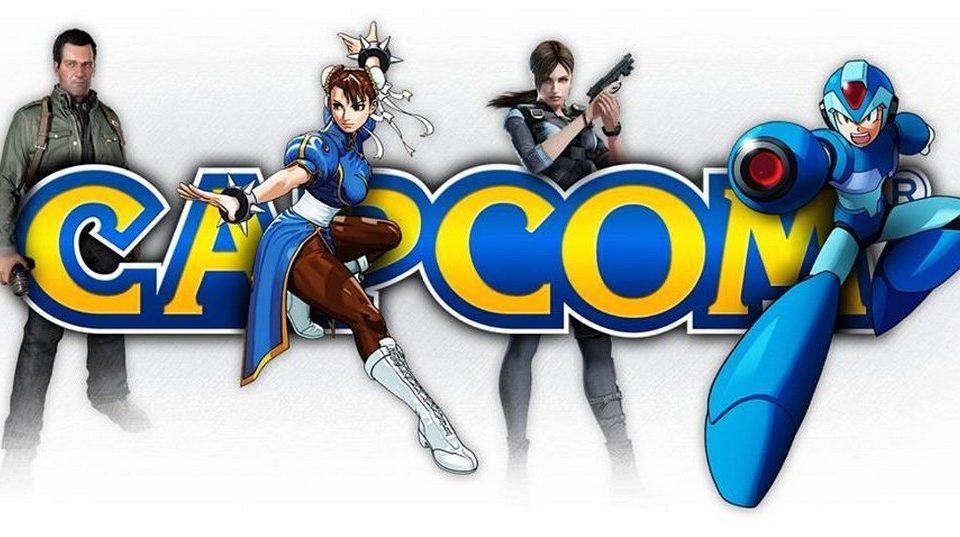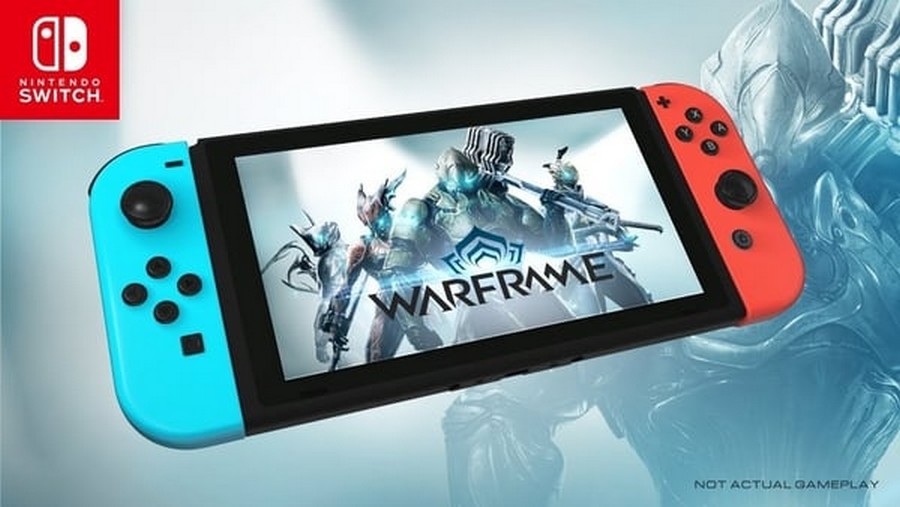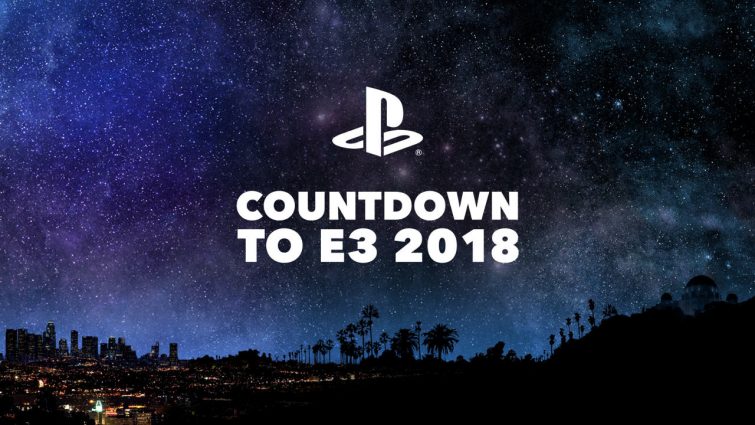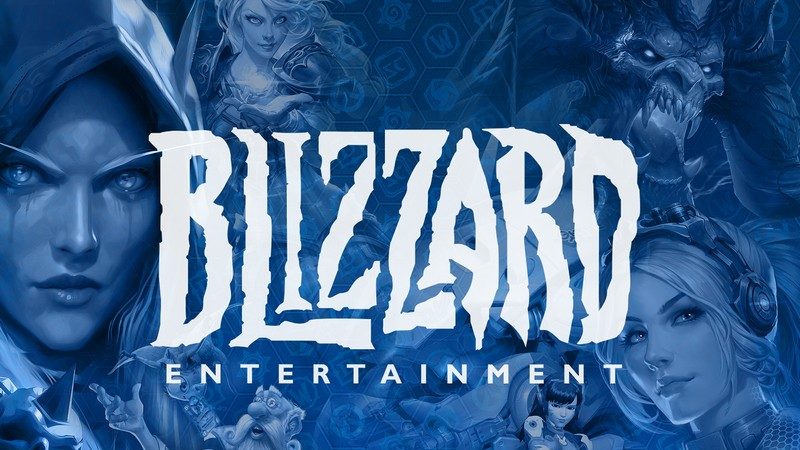Capcom’s Resident Evil series has undergone tons of changes throughout the years. From different protagonists, camera angles, controls, and arguably even the gaming genre, Resident Evil has been through it all. It’s been a somewhat wild ride with fans sometimes appreciating the changes, and other times preferring an older look or feel. In a recent interview from Gamesindustry.biz, Capcom discusses how respecting fan attitudes is one of the key compasses used to design each addition to the long running series. Capcom Europe COO Stuart Turner expressed how he prefers games that fans appreciate and thus are higher rated, rather than games that sell more and generate more revenue.
“While we have shareholders to appease, it’s not just about commercial performance. There is an artistic element that always comes in where we know this is the right way. And while if we compare RE7 to RE6 the absolute numbers are not the same, in terms of the profitability… it’s completely fine. It ticked all of our boxes internally. It was really well received. And in some respects, getting some very good review scores counts as much for Capcom as a game that sells millions and millions and millions. We’d prefer a game that got a 9 and sold less, than got a 6 but sold more.”
EMEA director Antoine Molant followed up saying:
“We are less focused on Day One sales these days, too. We are looking much more at the long-term. And in that case RE7 is performing amazingly. Even now, after almost two years, it’s still the VR flagship title. That helps keep the game selling well.”
Hearing top level execs from a AAA game developer and publisher say things like this definitely is reassuring. In an environment which seems to be increasingly revenue driven, it’s amazing to know that Capcom still prioritizes fan reception and in delivering quality-driven products. Attitudes like this are in stark contrast to companies like EA Games who’ve become notorious for their money hungry lootbox controversy.

Looking forward, I for one personally believe that gamer perceptions towards developers as being either “good guys” or “bad guys” will ultimately determine their financial success. People only have a certain amount of time each day to dedicate to gaming. Whether that’s an hour or 4, in the end, we want to be spending that time supporting companies that actually care about delivering quality experiences rather then simply maximizing their revenue.









